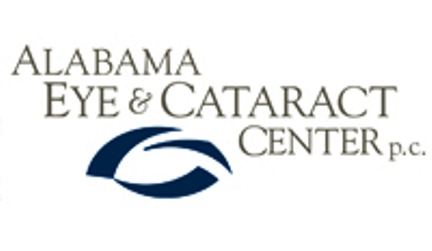


 Seniors should take note that the American Academy of Ophthalmology has designated February as Age Related Macular Degeneration (AMD) Awareness Month in an effort to help alert patients about how to preserve eye health and vision and avoid the problems of aging.
Seniors should take note that the American Academy of Ophthalmology has designated February as Age Related Macular Degeneration (AMD) Awareness Month in an effort to help alert patients about how to preserve eye health and vision and avoid the problems of aging. 
